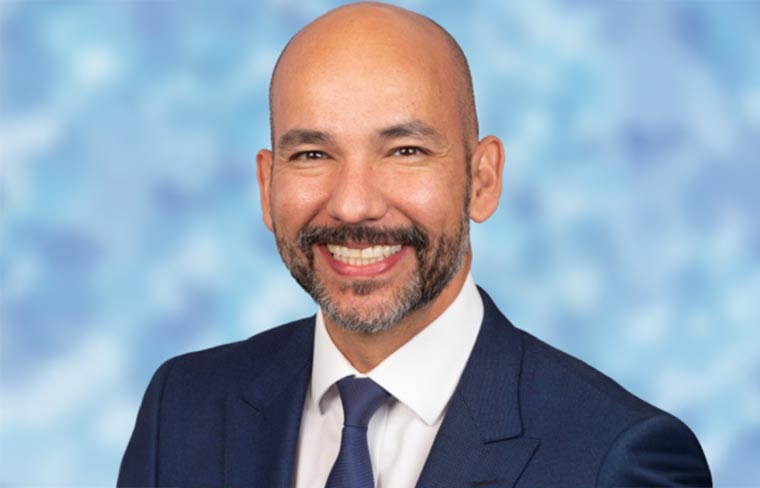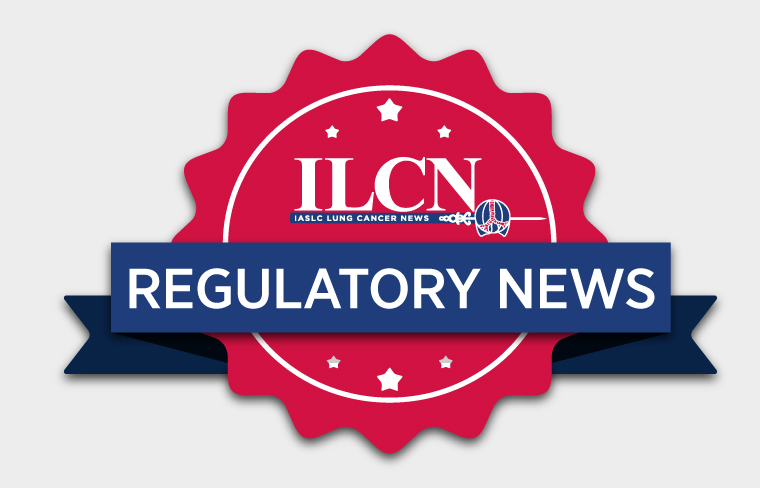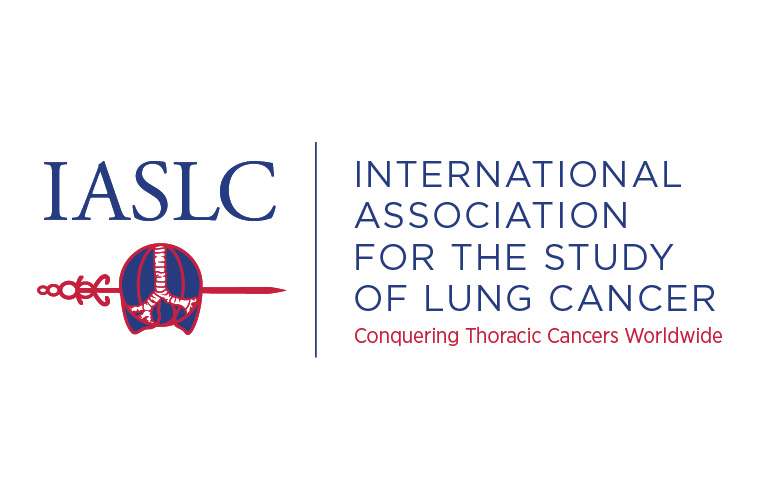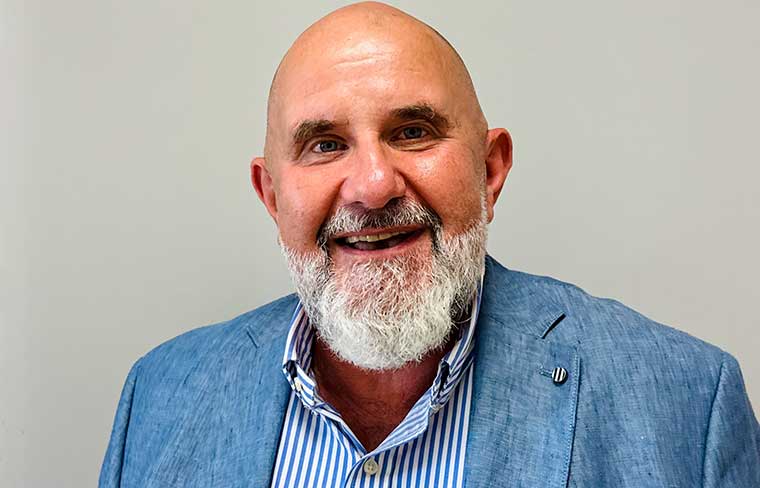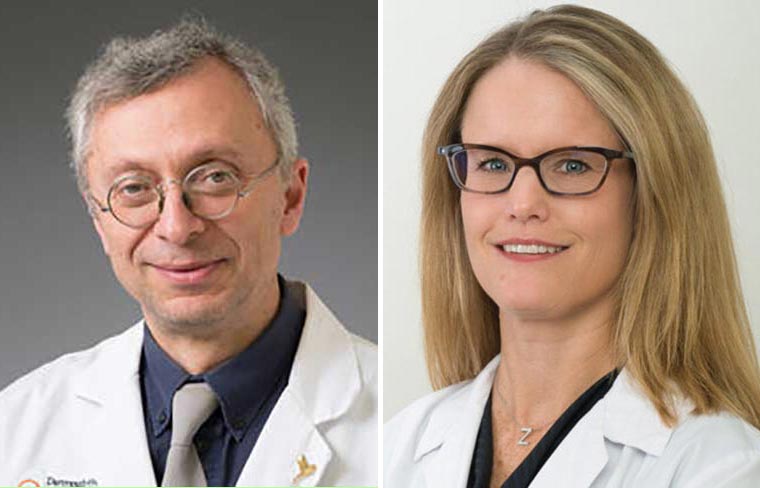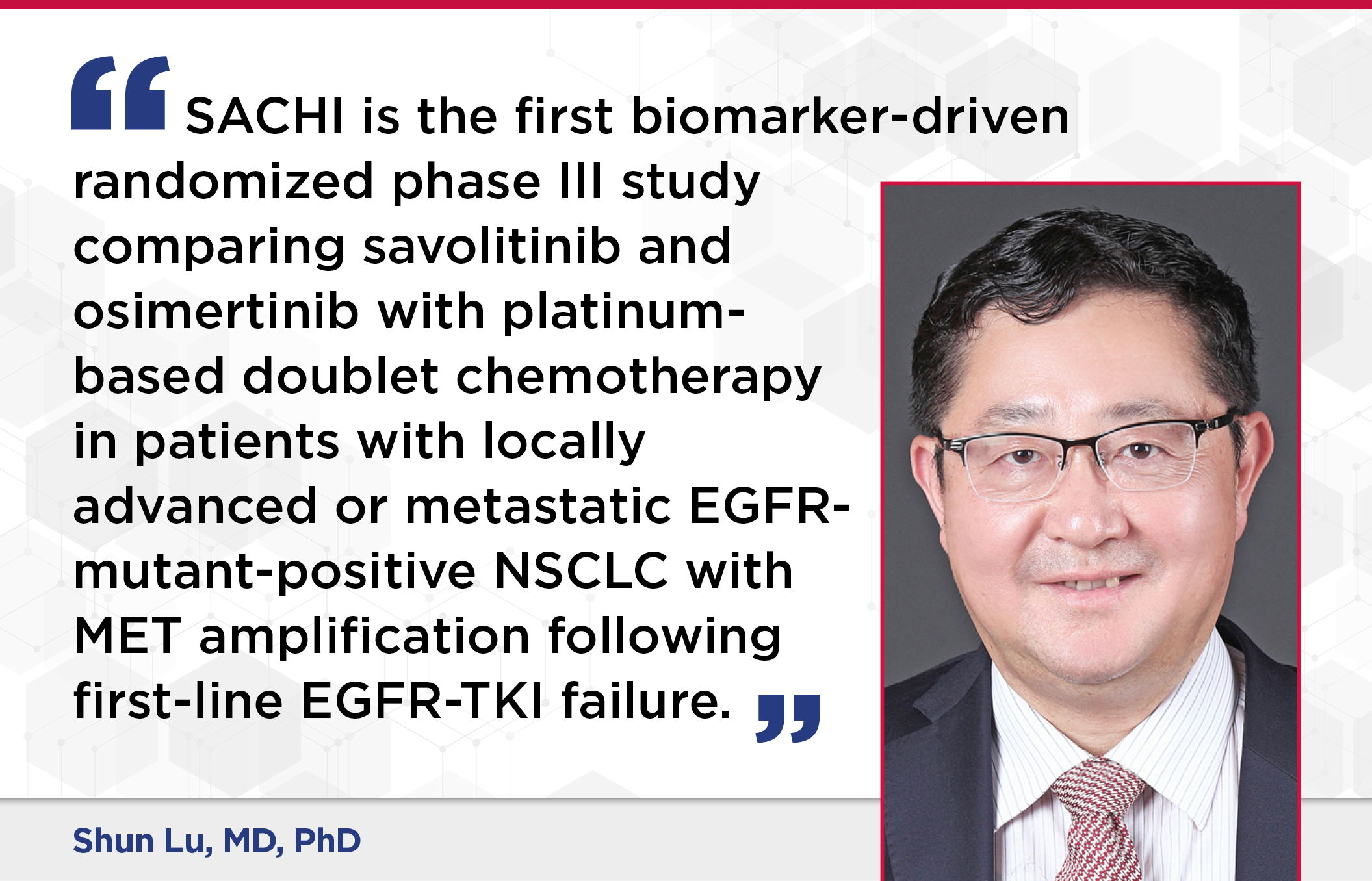-
Interim NADIM ADJUVANT Data Suggest Adjuvant Chemo-IO May Reduce Recurrence Risk in Patients Following Complete Resection
-
Final FLAURA2 OS Data Show Osimertinib Plus Chemo Offers Benefit Compared with Monotherapy
-
Potential Impact of GLP1-RAs on TKI-induced Weight Gain in Patients with NSCLC
-
No “Known” Risk Factors: The Health Consequences of Radiation Therapy
-
Discussion Covered Updates, Strategies, and Controversies in Lung Cancer Staging
-
No PFS, OS Benefit Seen in Final Results from PACIFIC-2
-
WCLC Attendees Hear Preview of Proposed Changes for the 9th Edition of the TNM Staging Classification for Thoracic Cancers
-
Treatment of Immunotherapy-Related Dermatologic Toxicities: An Interview with Dr. Mario Lacouture
-
A Holistic Approach to Patient Care
Society News
-
IASLC Spotlight: Global Policy and Partnerships Committee
In a Q&A with ILCN, Dr. Gilberto de Lima Lopes, Committee Chair, details how the committee is working to address the most significant global challenges in lung cancer care.
-
In Brief for December 3, 2025
The US FDA has granted two separate approvals: one to sevabertinib for non-squamous NSCLC and another to tarlatamab-dlle for ES-SCLC.
-
IASLC Launches Beta Version of VIKTOR
The Basic and Translational Science Committee’s new tool aims to unify available digital knowledge about preclinical models into one accessible, reliable system.
-
In Brief for November 5, 2025
FDA clears a combination medication for extensive-stage small cell lung cancer for patients whose disease has not progressed after first-line induction therapy.
-
IASLC Launches Career Advancement Grant to Expand Support for Mid-Career Researchers
By supporting multidisciplinary and global projects, the grant ensures mid-career professionals can continue contributing vital research to the field of lung and thoracic malignancies.
-
VERITAS Data Demonstrate Noninferiority of Navigational Bronchoscopy Compared to Transthoracic Needle Biopsy
Drs. James Katsis and William Thinnes say the safety profile and ability to stage lung cancer with a single procedure make a bronchoscopic approach the preferred method for lung nodule biopsy.
-
Beyond the Scalpel: Improving Lung Resection Outcomes with Enhanced Recovery After Surgery Protocols
Dr. Cezary T. Piwkowski says growing literature suggests that optimized preoperative preparation or “prehabilitation” is critical to improving early postoperative outcomes.
-
A Pragmatic Approach to Trial Design
Although the primary finding was not what investigators had hoped for, recent presentations by Drs. Karen Reckamp and Konstantin H. Dragnev highlighted Pragmatica-Lung’s success as a model for future trials.
-
In Brief: July 23, 2025
The US FDA grants Orphan Drug Designation to CID-078 for SCLC, and zidesamtinib demonstrates positive early data in ROS1-positive NSCLC.
-
SACHI Trial Results: Savolitinib-Osimertinib Combo Improves PFS in MET-Amplified EGFR-Mutated NSCLC
Dr. Shun Lu said savolitinib plus osimertinib offers a potential new chemo-free treatment option for patients after progression on first-line treatment.







